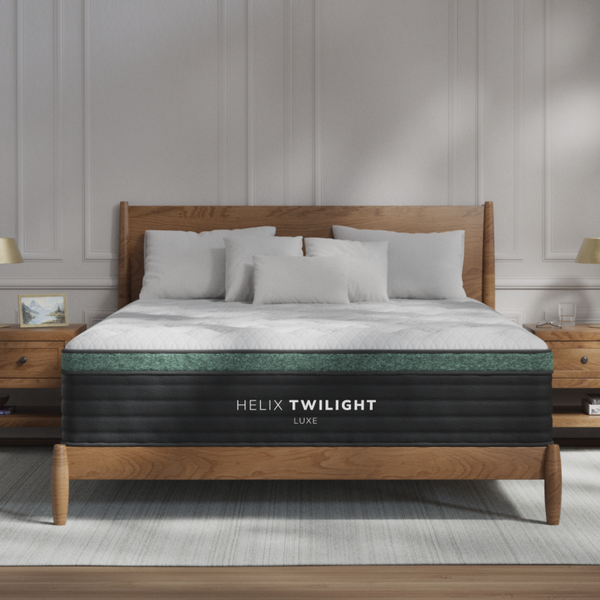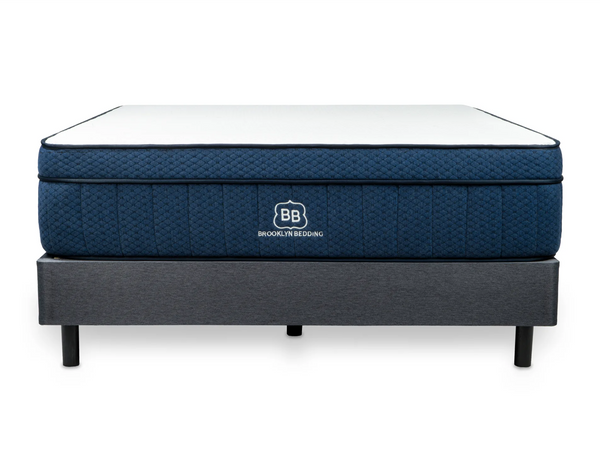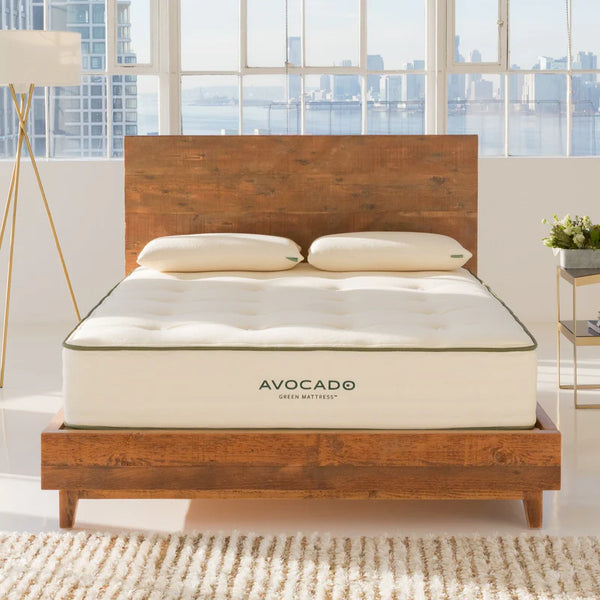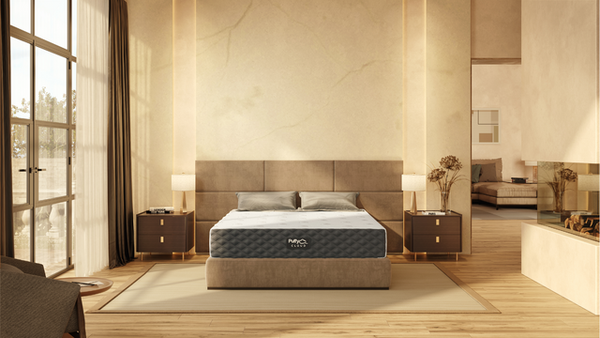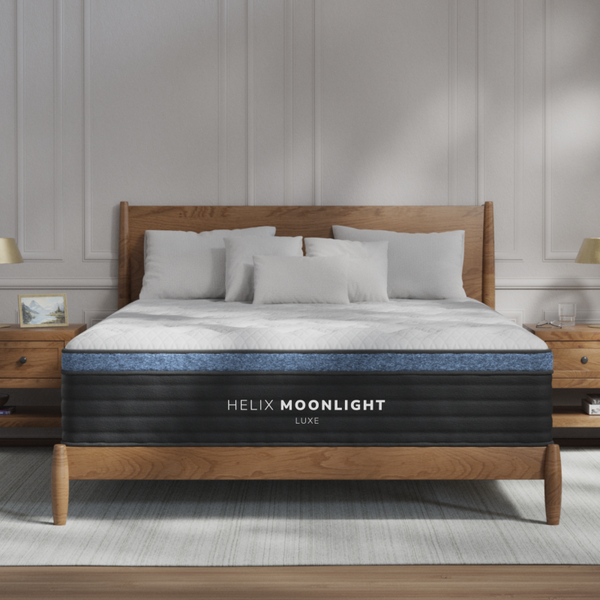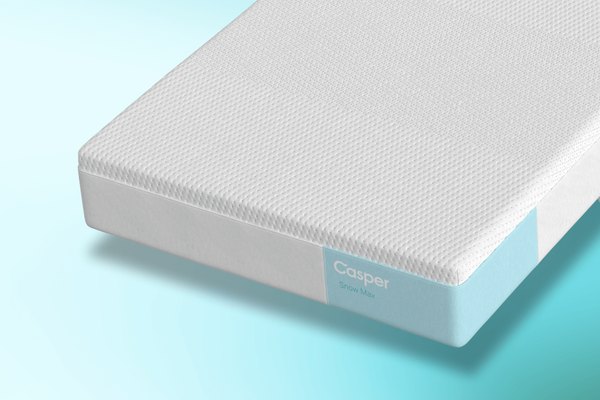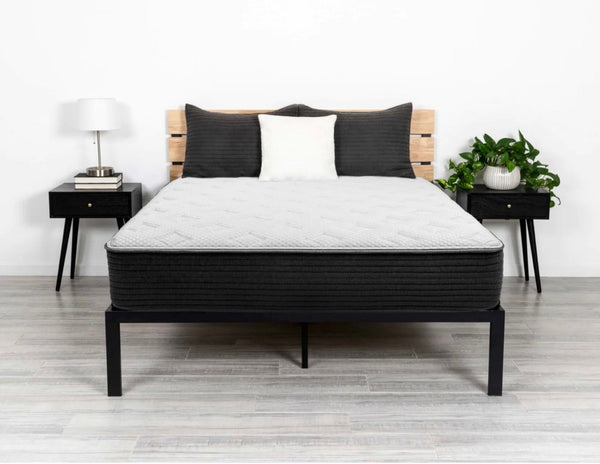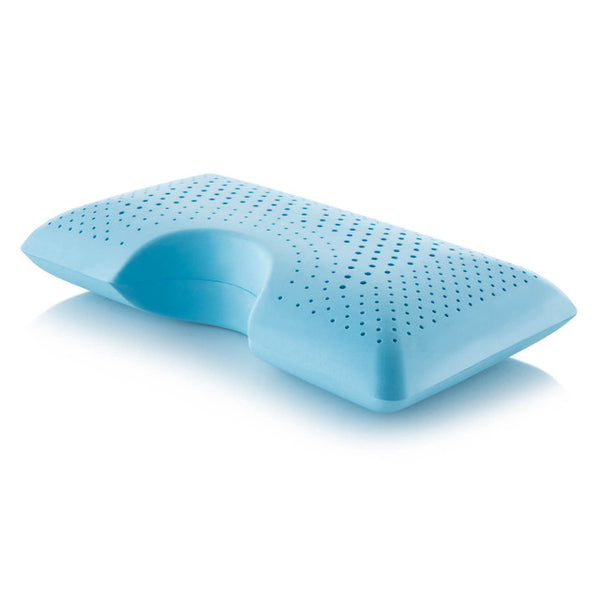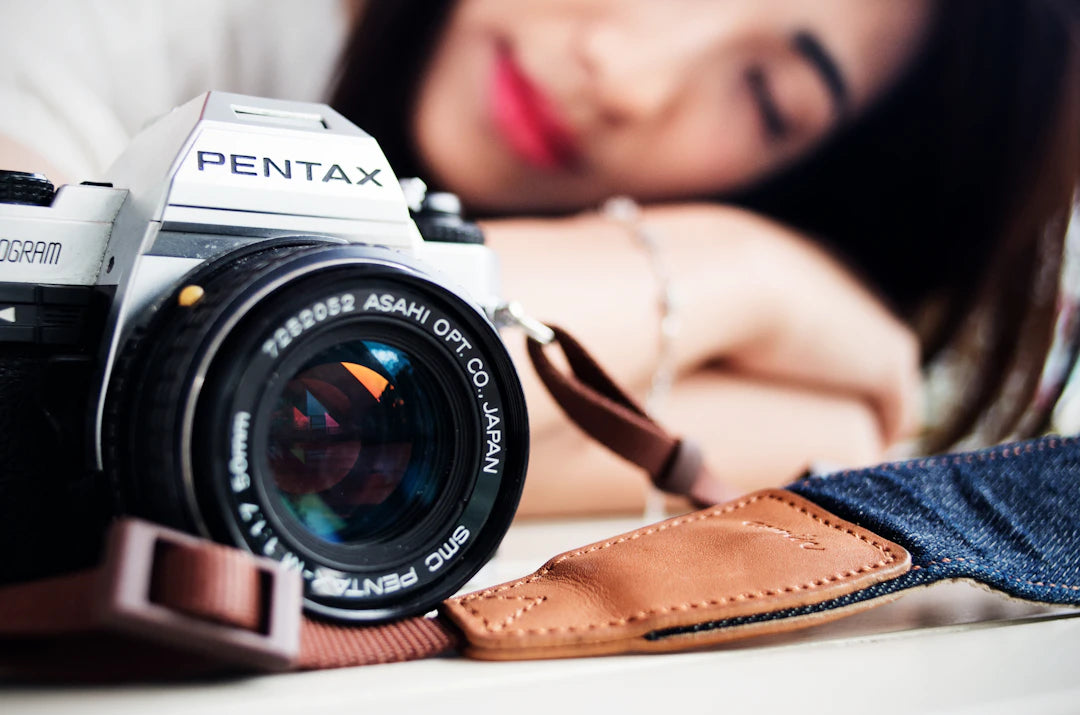
Frequently Asked Questions
1. What is the role of technology in improving sleep quality?
2. How do smart mattresses work?
3. What are some benefits of wearable sleep technology?
4. How can sleep apps assist with better sleep?
As technology advances, it continuously shapes our daily lives in numerous ways, including how we sleep. Gone are the days of relying solely on traditional methods to ensure a restful night. The future of sleep technology promises exciting innovations tailored to enhance our sleep experiences, boost our health, and improve our overall well-being. In this blog post, we will delve deep into the emerging trends and groundbreaking inventions in sleep technology that are poised to redefine how we approach sleep.
The Evolution of Sleep Technology
Sleep technology has undergone a revolutionary transformation over the past few decades. From basic alarm clocks and heavy mattresses to smart beds equipped with sensors, advanced sleep monitoring devices, and AI-powered solutions, the landscape is rapidly changing. People are becoming increasingly aware of the importance of good sleep quality, and technology is stepping up to meet this demand.
Understanding Sleep Science
Before diving into the innovations, it's essential to understand the science behind sleep. Sleep is critical for cognitive function, physical health, and emotional well-being. The National Sleep Foundation emphasizes that adults typically require between 7 to 9 hours of sleep per night for optimal functioning. However, many struggle to achieve this due to factors such as stress, technology overload, and an improper sleep environment.
As a result, the need for effective sleep solutions has never been more pressing. Let's explore some innovative technologies addressing these challenges and reshaping how we view sleep.
Smart Mattresses and Adjustable Bases
The rise of smart mattresses equipped with sleep-tracking capabilities is one of the most notable innovations in sleep technology. These mattresses come with sensors that monitor various parameters such as heart rate, breathing patterns, and sleep cycles. By gathering this data, users can better understand their sleep quality and make necessary adjustments.
Connection to Smart Home Devices
Smart mattresses can also integrate with other smart home devices. Imagine a scenario where your mattress adjusts its firmness based on your sleeping position, all while syncing with your smart home system to dim the lights, lower the temperature, or play soothing sounds when it's time to go to bed. These enhancements not only boost comfort but also create an environment conducive to restful sleep.
Wearable Sleep Technology
Wearable sleep technology has gained immense popularity, with devices designed not only to track sleep but also to analyze sleep quality and provide actionable insights. These wearables often come in the form of fitness trackers, smartwatches, or specialized sleep devices capable of recording various sleep metrics.
Data-Driven Sleep Improvement
The data collected by these devices can help users identify patterns in their sleep behavior. For instance, wearables can track how long it takes to fall asleep and how many times one wakes up during the night, providing valuable insights into sleep efficiency. Equipped with this knowledge, individuals can make informed decisions about their sleep hygiene, such as adjusting their bedtime or creating more effective relaxation routines.
Sleep Apps and Digital Sleep Coaching
Smartphones have become an integral part of our lives, and sleep apps are revolutionizing our approach to rest. From meditation and relaxation techniques to sleep soundtracks and practical tips, these applications offer a myriad of features to enhance sleep practices. Some apps even utilize AI to provide personalized sleep coaching.
Harnessing Artificial Intelligence
AI-driven sleep apps can analyze data from wearables and other devices, offering tailored recommendations for improving sleep quality. By selecting content and techniques based on user lifestyle, these apps develop a unique sleep plan that evolves as users progress, making sleep management more effective and personalized.
Sleep Environments and Innovative Products
The environment in which we sleep can significantly impact sleep quality. Therefore, innovative products designed to create the perfect sleep environment are on the rise. From smart thermostats that regulate bedroom temperatures to advanced sleep masks equipped with noise-cancellation technology, the future of sleep-enhancing products holds great promise.
Lighting Solutions
Lighting plays a crucial role in our circadian rhythms, yet many people overlook its importance. Smart lighting systems allow users to set schedules that dim lights to promote sleepiness at night and gradually increase brightness in the morning. This incremental adjustment mimics natural light fluctuations, helping regulate the body's internal clock.
Aromatherapy and Sleep Scents
Aromatherapy has long been associated with relaxation, and the future of sleep technology is embracing this through innovative scent-diffusing devices. These gadgets can release calming scents like lavender or chamomile into the air, creating an atmosphere that promotes tranquility and sleepiness.
The Role of Virtual Reality in Sleep
Virtual reality (VR) is not just for gaming; it also holds tremendous potential in the realm of sleep technology. Emerging VR applications that create immersive environments can help individuals unwind, escape stress, or even rehearse sleep techniques. By simulating calming landscapes or guiding users through relaxation exercises, VR can be an effective tool for combating insomnia and anxiety.
Guided Meditation through VR
Combining VR technology with guided meditation can create a powerful sleep aid. By visually immersing users in calming scenarios while providing soothing audio guidance, VR can facilitate deeper relaxation, making it easier to drift into a restful slumber. As this technology continues to evolve, we may see even more innovative sleep solutions developed within the VR landscape.
Neuroscience and Sleep Tech
The intersection of neuroscience and technology is paving the way for groundbreaking innovations in sleep. Researchers and engineers are creating devices that can stimulate the brain and regulate its activity to enhance sleep quality. These solutions might include inventions like transcranial direct current stimulation (tDCS) devices, which use electrical currents to influence sleep cycles.
The Future Implications of Neuroscience
As our understanding of the brain and sleep deepens, we can expect more personalized and targeted sleep solutions that cater to individual needs. This may lead to the development of wearable devices that can adjust their stimulation patterns based on real-time metrics, paving the way for a sleep revolution.
Sleep and Mental Health: The Connection
Recent observations have highlighted the strong correlation between sleep and mental health. Disturbed sleep patterns often correlate with mood disorders such as anxiety and depression. As society becomes more aware of mental health issues, the demand for sleep solutions that also address mental well-being is likely to grow.
Integrating Therapy and Sleep Solutions
Innovations in sleep technology can include collaborations with psychologists and therapists to create integrated solutions. For example, apps that offer cognitive behavioral therapy for insomnia (CBTi) alongside sleep tracking can help users improve both sleep quality and mental health simultaneously.
Product Personalization and the Future of Sleep Tech
As consumers become more motivated to invest in their well-being, the demand for highly personalized sleep products continues to rise. Future innovations will likely emphasize customization, allowing individuals to tailor sleep solutions that suit their specific needs and preferences better.
Compatible Sleep Solutions
Imagine a world where sleep technology seamlessly connects various devices—from smart beds and wearables to apps and environmental control systems. The future might hold platforms that can integrate multiple sleep products into one cohesive unit, allowing users to benefit from a more holistic approach to sleep technology.
Embracing the Future of Sleep
With the rapid pace of technological advancements, the future of sleep technology promises to be exciting and transformative. As we continue to explore innovative solutions, it becomes clear that we stand on the brink of a new era in sleep science. Not only will these technologies enhance our sleeping experiences, but they have the potential to improve our overall health and well-being.
As sleep enthusiasts look to the future, staying informed about these innovations will be essential. By leveraging technology to create personalized sleep strategies, we can embrace the promise of restful nights and refreshed mornings. Investing in better sleep isn’t merely a luxury; it is an essential step toward a healthier lifestyle. So keep an eye on the trends and upcoming technologies that will usher in an era of rejuvenating sleep!

